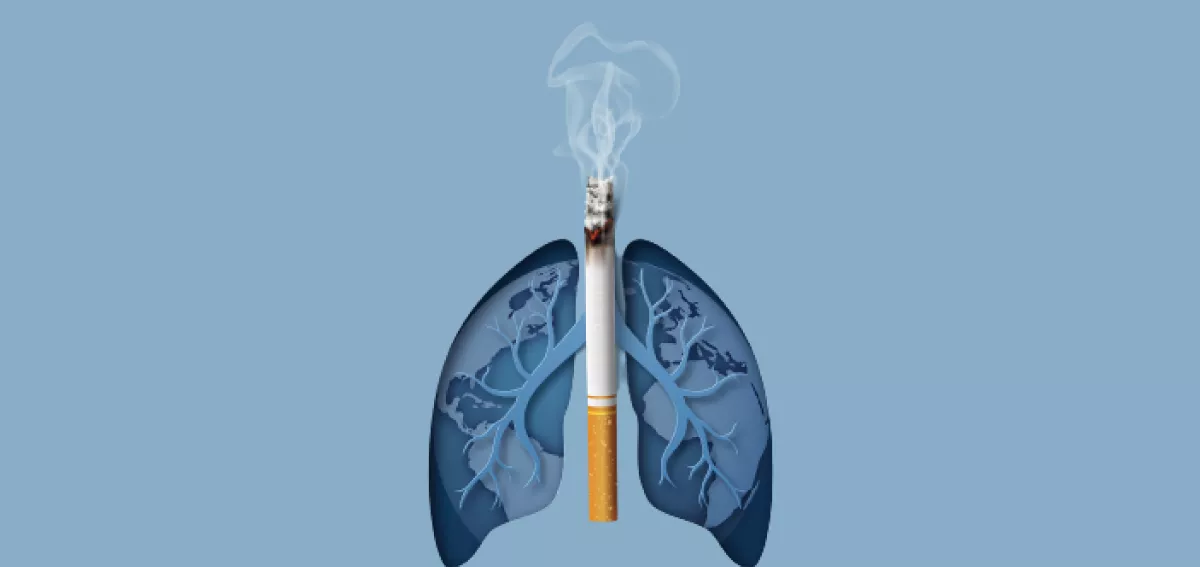Introduction
TB is an infectious disease with the potential to affect various organs in the body. It often presents a diagnostic challenge as it shares similarities with many non-communicable ailments, including cancer. The connection between TB and mental health is bidirectional, as individuals with mental health issues face higher risks of contracting TB due to several factors, such as poor self-care, undernutrition, high-risk behavior, and reduced immunity. Moreover, once infected, these individuals are at greater risk of developing clinically evident TB.
TB as a Societal Disease
TB's impact extends beyond individual health, and it should be regarded as a disease affecting society as a whole. The incubation period of TB can range from a few months to many years, leading to potential widespread transmission. In densely populated countries like India, where TB prevalence is high, the chances of infection from an infected case are significantly increased. Subtle symptoms often delay containment and treatment, allowing the infection to spread among many people.
Impact of TB on Patients and Families
TB not only affects physical health but also takes a toll on mental health, family dynamics, finances, and social relationships. Understanding the broader impact of TB on patients and their families is crucial in creating effective support systems for those affected by the disease.
Holistic Care for TB-Free India
Efforts towards a TB-free India necessitate the establishment of systems that provide comprehensive care and support for affected individuals and their families. The Ministry of Health and Family Welfare has issued guidelines aimed at strengthening the role of family members as primary caregivers, building their capacities in caregiving, and offering necessary support for successful patient outcomes.
Community Involvement and Awareness
Communities play a vital role in combating TB. Spreading awareness and debunking myths and misconceptions about TB are essential steps in reducing the disease's prevalence. Patient support groups and forums, such as "TB champions" or "TB vijetha", are established to empower individuals who have conquered TB to become advocates, motivating peers and providing support. Moreover, online courses are facilitating the training of individuals to become part of the support system.
Conclusion
The bidirectional relationship between TB and mental health emphasizes the need for a comprehensive approach to tackle the disease's impact on individuals and society. By fostering awareness, support, and holistic care, the goal of a TB-free India becomes attainable.







